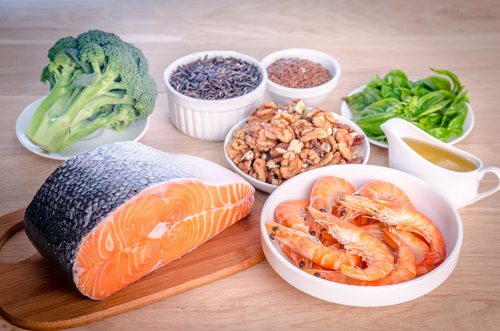The concept of nutrition in addiction treatment programs is not an easy task to introduce to individuals in recovery. People who are early in recovery are simply not prepared or ready for one more big change in healthy behaviors. It is sometimes seen as taking away one more thing that brings pleasure and joy. Many people with addiction may use drugs and alcohol in early teens and never develop a healthy relationship to food.
Brain Damage
The reward deficiency syndrome created by chronic exposure to addictive substances often requires food consumed must be highly rewarding to the brain. Foods are typically sweet, salty and high in fat or some combination thereof. Other examples may include chips, cookies and mostly processed snack foods. If people in addiction are given access to rewarding food, overeating may occur. Excessive weight gain is a possibility that leads people back to using substances. The bigger problem is malnourishment which limits the brain’s ability to heal from alcohol addiction. Low quality food leads to low quality thoughts and low quality of life.
Multivitamins and Pleasure
A common mistake that is made is to assume daily consumption of a multivitamin will cover all nutritional bases. Supplemental nutrition can be helpful if a person has a compromised ability to eat or is on a limited diet. People in early recovery fall into the trap of using multivitamins to assume that the person should not concern him or herself with nutritional quality of food. Supplemental vitamins will never be able to contain the antioxidant potency of real food. Phytochemicals that flourish in real food always remain stable in a supplemental form. Fiber is also important. Consumption of highly processed foods may lead to:
- Unstable blood sugar which impacts mood and concentration negatively
- Nutrient-void food can leave people feeling sluggish and reliant on caffeine
- Refined grains, added sugars and fats can affect the whole body system, particularly mental health
- Processed foods can lead to obesity
- Eating candy will make fruit less appealing
- Drinking water will be less appealing if drinking sugary substances
Eating in Recovery
The following are some examples of real food that people can eat that will make individuals feel rewarded with what is necessary and help digest the food properly in combination with a healthy overall diet:
- Protein
- Fiber
- Omega-3 fatty acids
- Antioxidants
- Vitamins
- Minerals
Some sample foods may include fruit smoothies with yoghurt and milk, cinnamon raisin toast with egg or avocado, fruit, cheese, quinoa, salmon, asparagus or other green veggies and lots of nuts and legumes to add in extra protein.
The biggest obstacle to eating healthier in recovery is finding nutrition services, often not covered by insurance, and focusing on getting healthy nutrition overall. Healthy foods cost money so it may take time to build habits into one’s food plan and budget to make it affordable and feasible to buy healthy foods. Education is key when learning about healthy eating habits for a lifelong recovery journey.
The Villa supports individuals who are seeking help and information about substance abuse and addiction. Call us if you are struggling with addiction to find out how we can help you navigate the journey and not feel alone.

